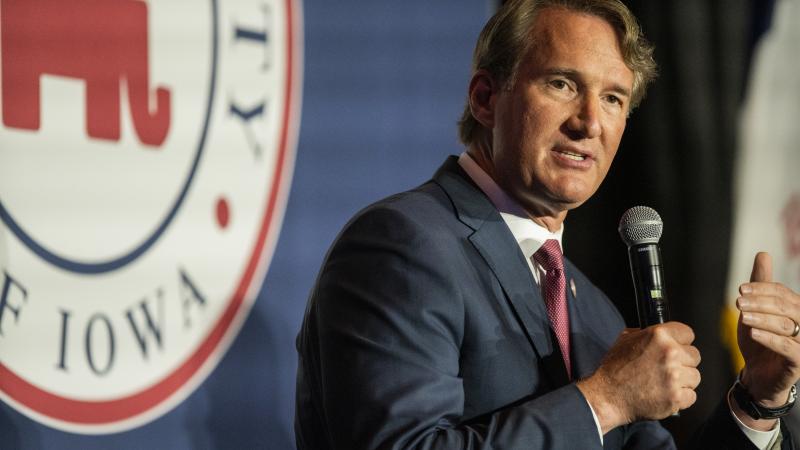Implementation of anti-ESG bills raises questions about costs
A bill banning the state from doing business with companies that use ESG standards in decision making will go to the Arkansas House floor when lawmakers return from recess.
(The Center Square) - A bill banning the state from doing business with companies that use environmental, social and governance standards in decision making will go to the Arkansas House floor when lawmakers return from recess.
The bill was amended to ease concerns about how the bill could financially impact the state if the state's retirement system is forced to divest from companies with ESG principles.
"It says in the amendment that they do not have to divest as long as they can prove that divesting will cost them money," said bill sponsor Rep. Jeffrey Wardlaw, R-Hermitage, at this week's meeting of the House Committee on State Agencies and Government Affairs. "And then they will divest at a time when it does not cost them money."
The bill would also require the state treasurer to maintain a list of companies with ESG standards and post it on a website.
"Basically, this bill just says you can't discriminate against the firearm industry, the ammunition industry or the fossil fuel industry in Arkansas," Wardlaw said during a committee hearing on the bill. "If you do, we won't put any state dollars into your business."
House Bill 1307 is similar to bills under consideration by other states. Financial concerns are being raised not only about the impact on state pension systems but the impact on financial institutions.
The Indiana House of Representatives passed House Bill 1008 amid concerns about its impact on the state's retirement system.
The bill's fiscal note indicated that the state could lose $6.7 billion in returns on investments. The state's Pension and Labor Committee is now considering the bill.
The North Dakota House of Representatives rejected a bill last month that would have required the North Dakota Department of Financial Institutions to monitor banks for ESG policies. The bill would have cost the states about $1.7 million, with most of that going to salaries for additional bank examiners.
The rejection came after several bankers told a House committee they were concerned about the bill's cost to the industry. Rick Clayburgh, president and CEO of the North Dakota Bankers Association, said during a hearing that banks are not required to enact ESG standards.
"The greatest risk to North Dakota banks are the costs associated with regulatory compliance and litigation arising from these regulations, whether founded or unfounded," Clayburgh said in his testimony.
At least 13 states have introduced anti-ESG bills in 2023, according to a paper published by the Harvard Law School on Corporate Governance.
"We expect more states to propose or adopt anti- (and pro-) ESG state laws, particularly as the 2024 U.S. presidential election approaches and political agendas solidify, and as the global ESG regulatory framework, including a growing web of EU-related ESG measures, comes into greater focus,' the authors said in their report.
















